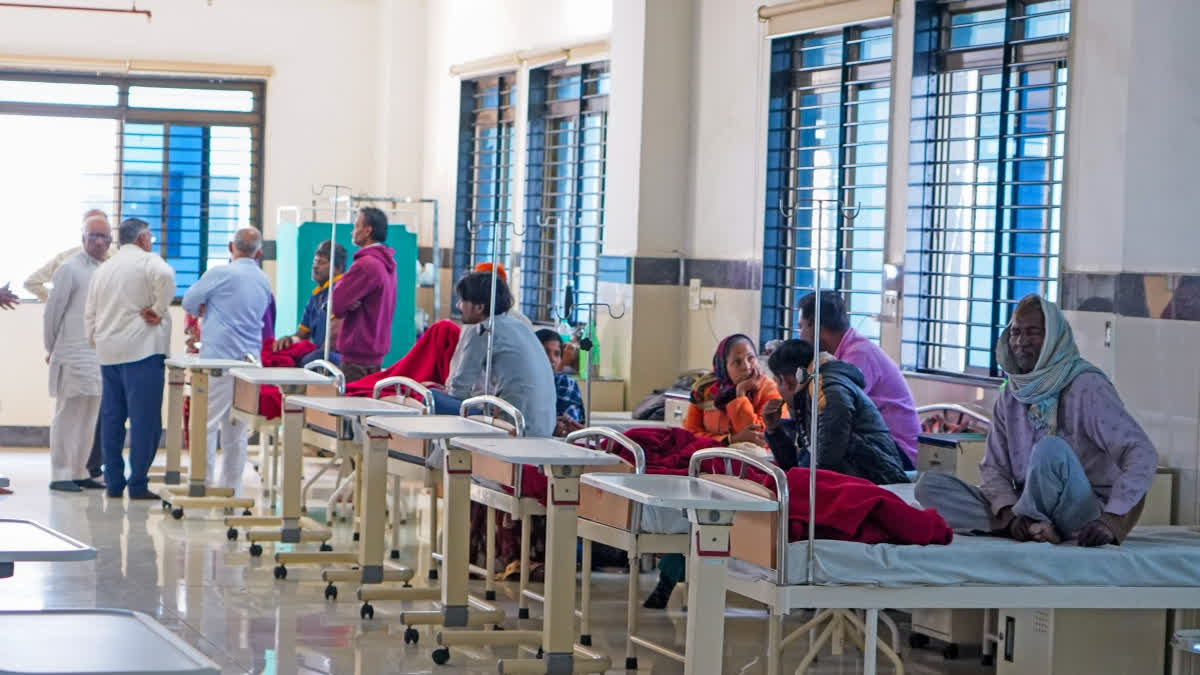New Delhi:A study by the Indian Council of Medical Research has revealed that the surgical site infection (SSI) rate among three major hospitals in India was higher than in many high-income countries.
According to WHO, surgical site infections are caused by bacteria that get in through incisions made during surgery. They threaten the lives of millions of patients each year and contribute to the spread of antibiotic resistance. In low- and middle-income countries, the WHO says that 11% of patients undergoing surgery are infected.
The ICMR study was conducted in a cohort of 3,020 patients from three hospitals. SSIs are among the most prevalent healthcare-associated infections. Debridement surgery, carried out with either an amputation, open reduction internal fixation surgery (ORIF), or closed reduction internal fixation (CRIF) surgery, had the highest SSI rate of 54.2 per cent.
SSIs cause significant morbidity, leading to excess health expenditures and increased length of hospital stay. There is a lack of data on post-discharge SSIs from low-and middle-income countries. In India, no surveillance system exists for SSIs that covers the post-discharge period.
"Therefore, we proposed a multicentric analysis to estimate the proportion and identify the risk factors associated with SSIs occurring during hospital stay and after discharge," the study said.
A prospective multicentric cohort study was conducted at Jai Prakash Narayan Apex Trauma Centre (JPNATC), Kasturba Hospital (KMC) in Manipal, and Tata Memorial Hospital (TMH) in Mumbai.
